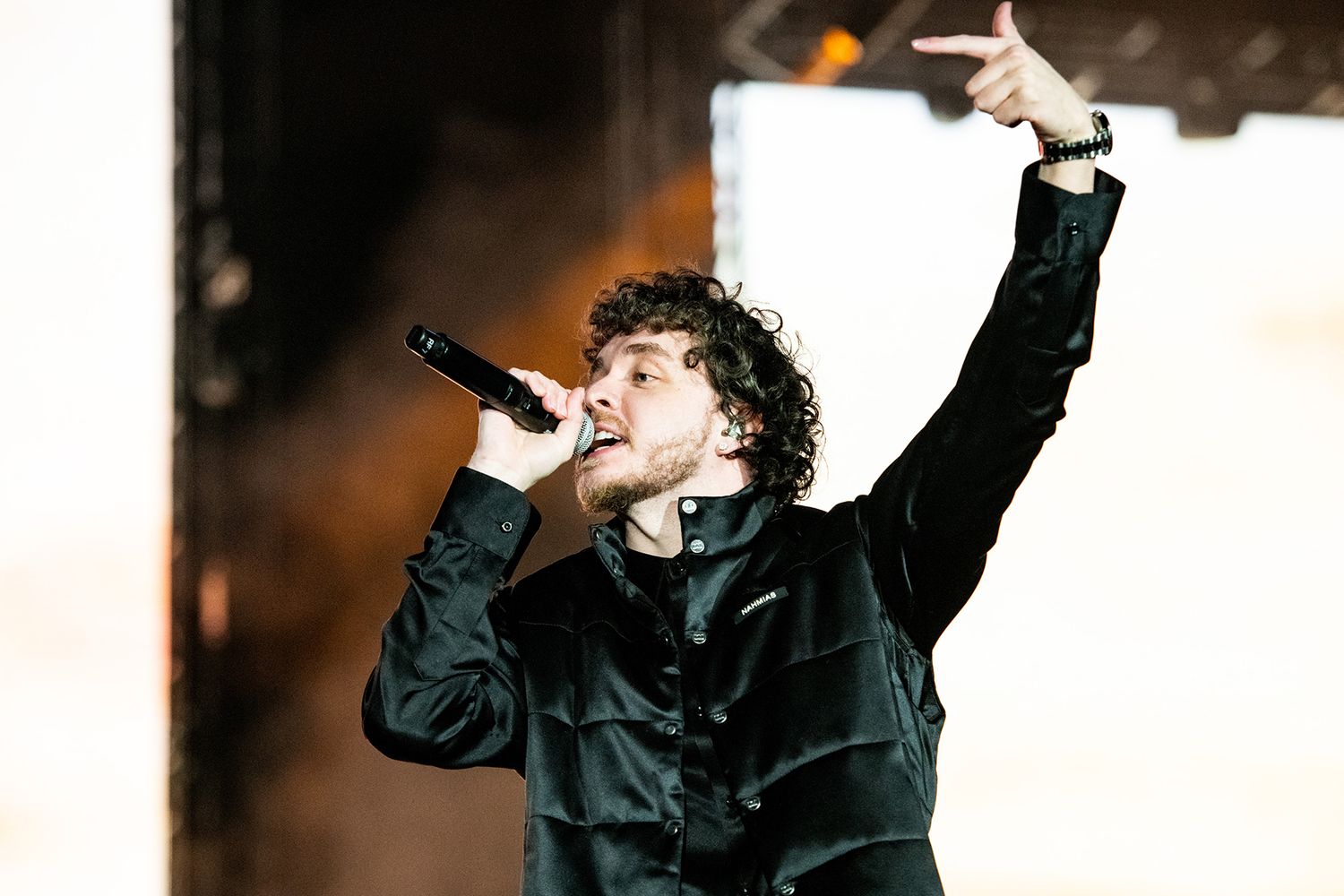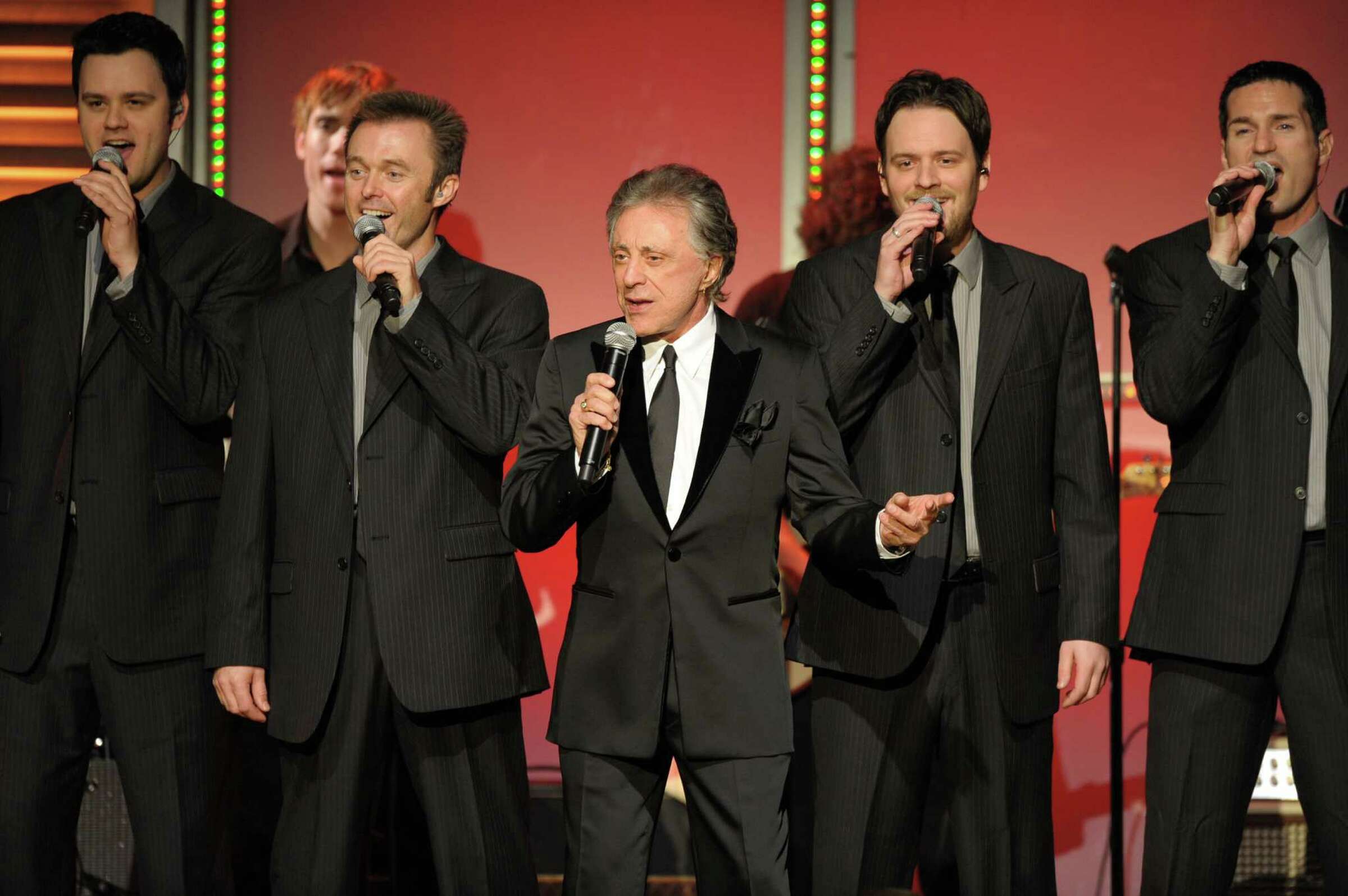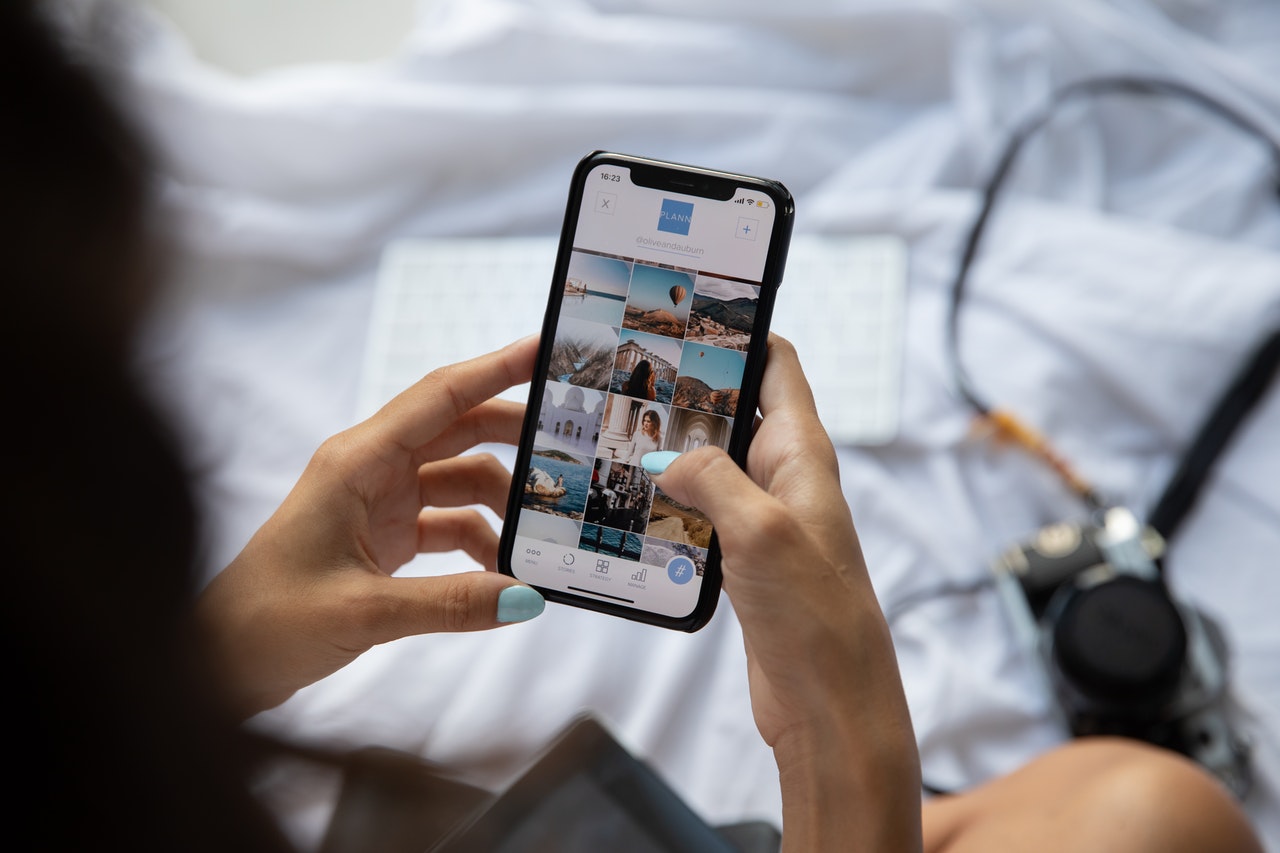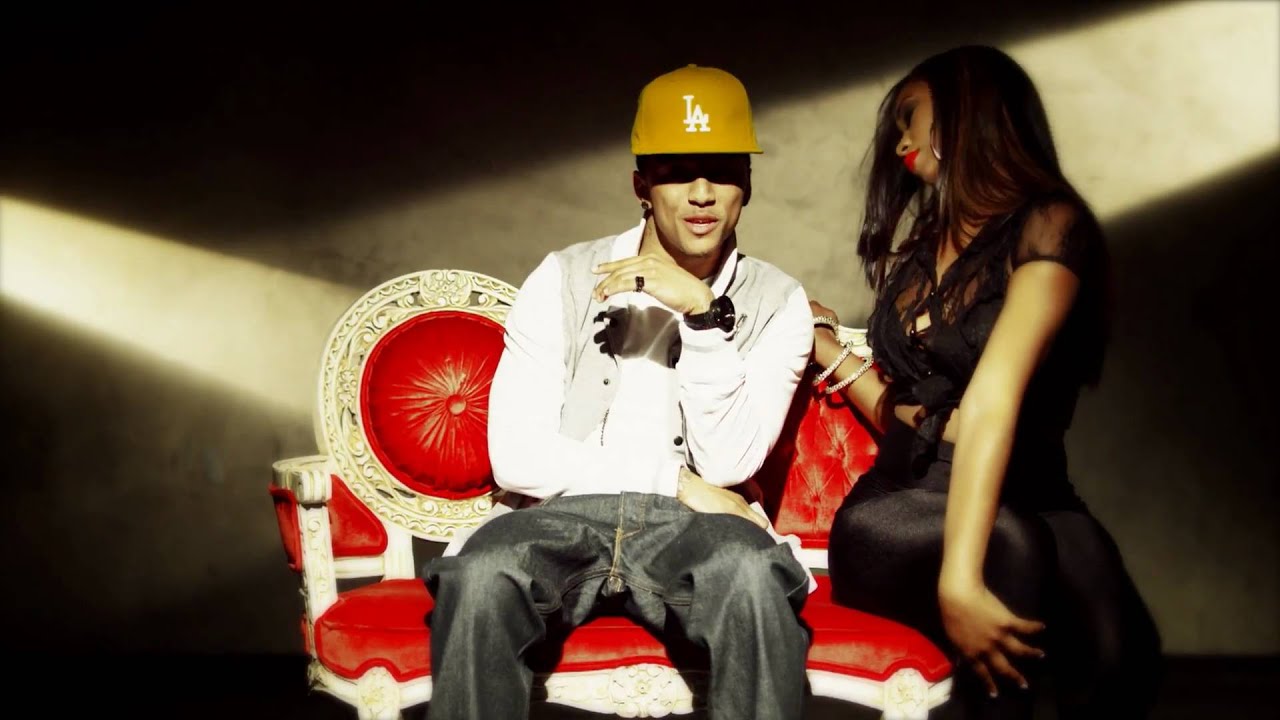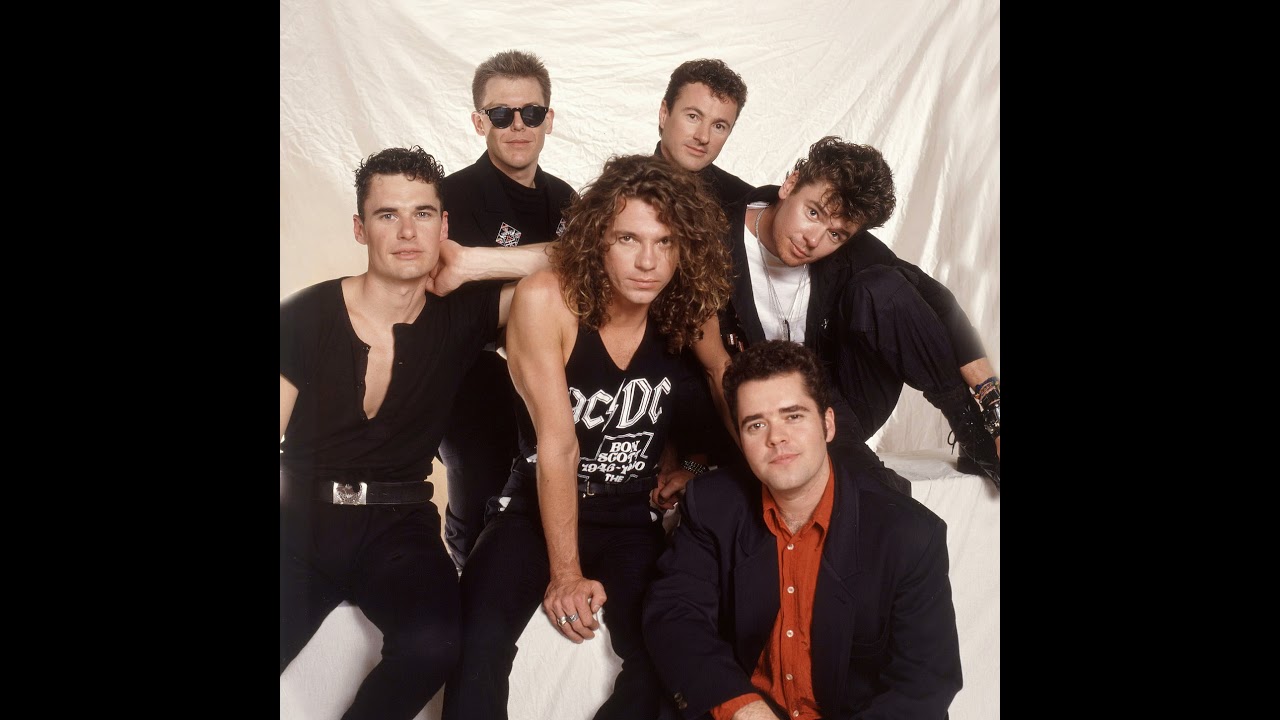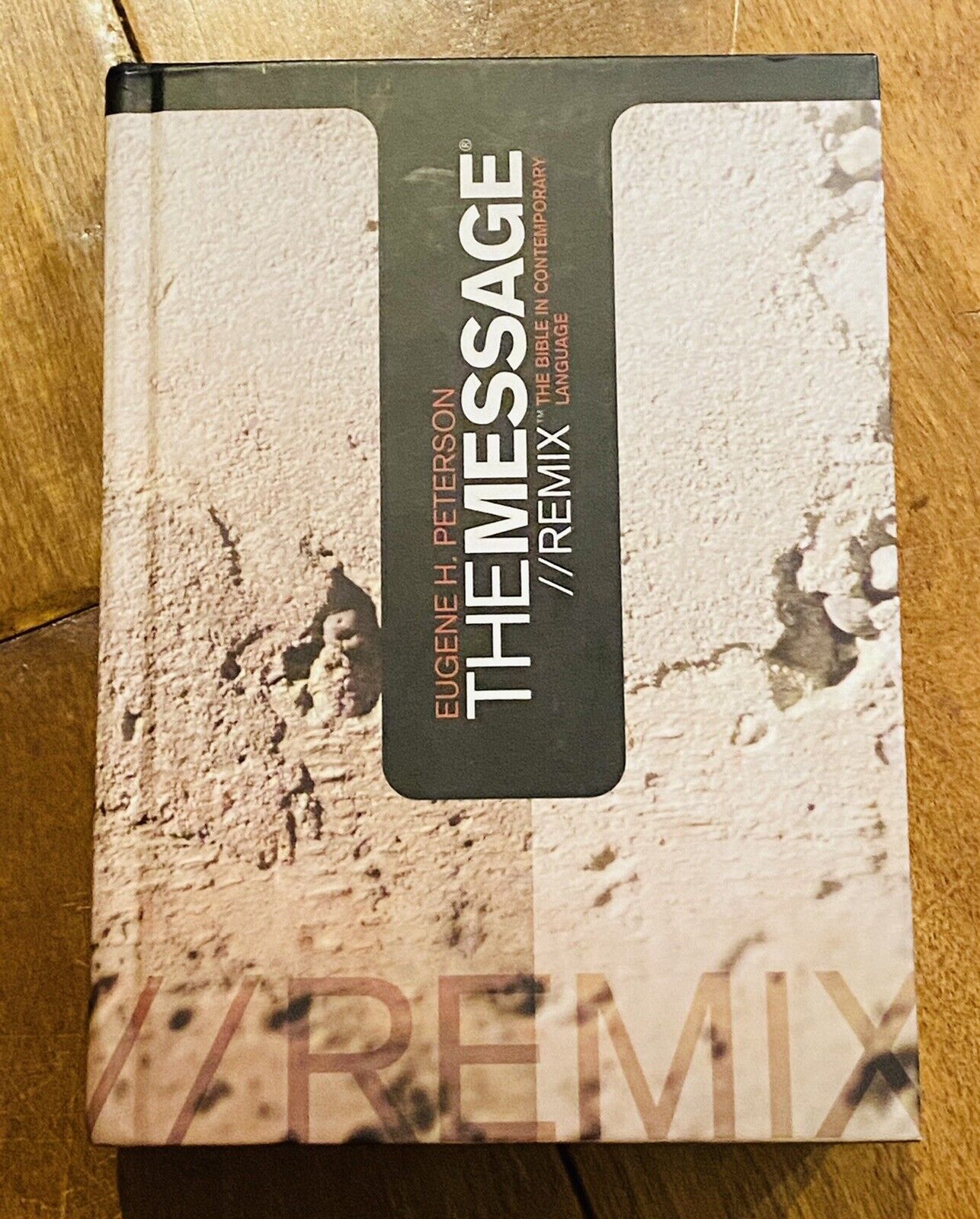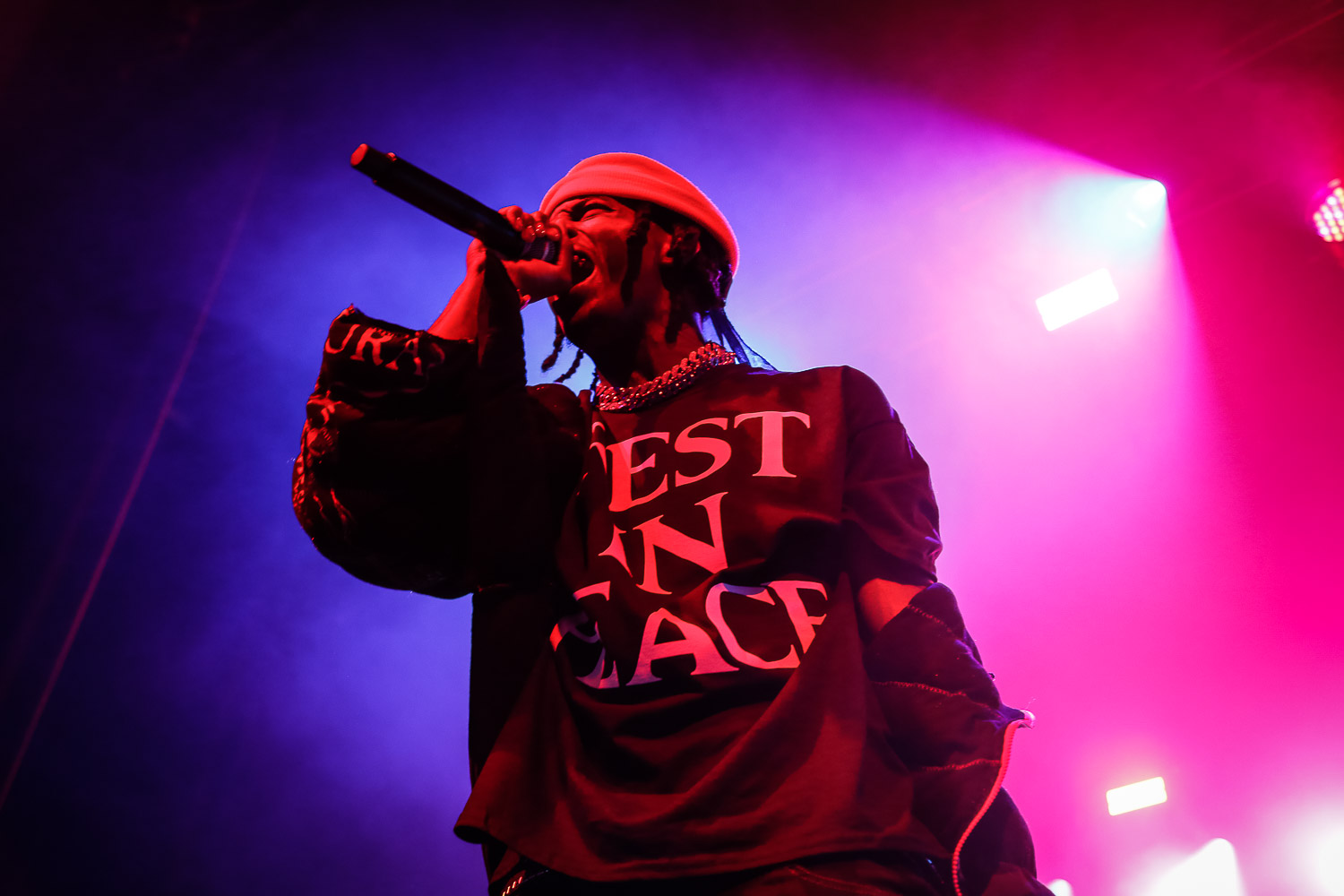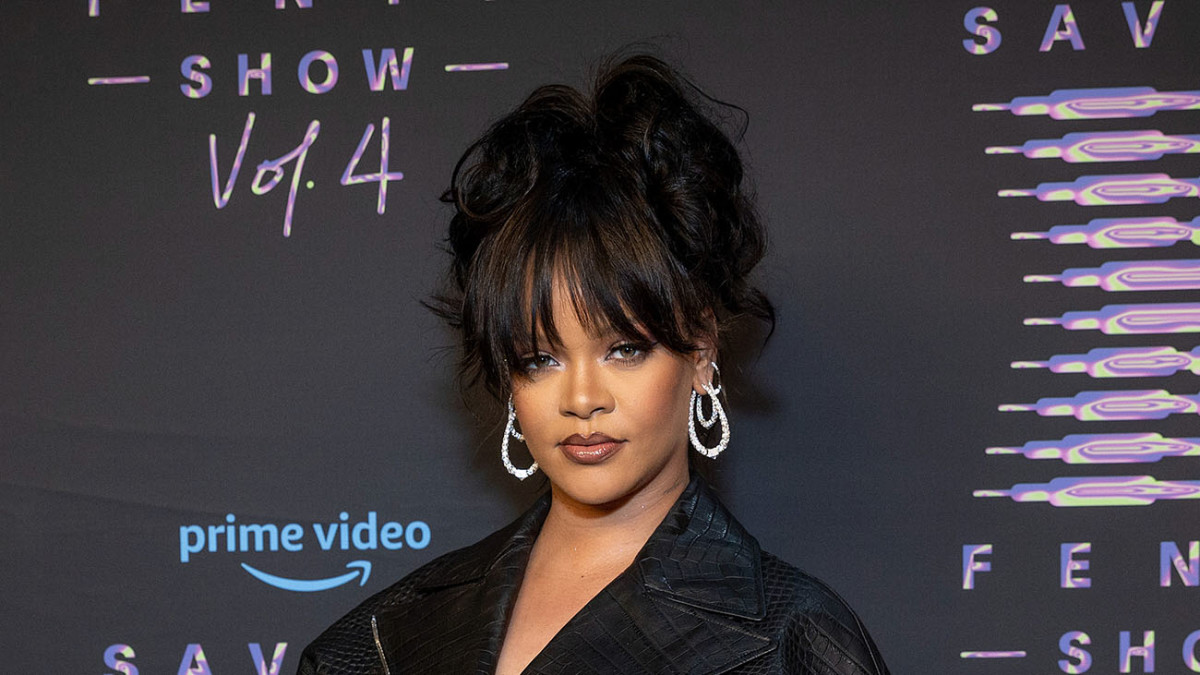Home>Production & Technology>Remix>What Is A Bootleg Remix
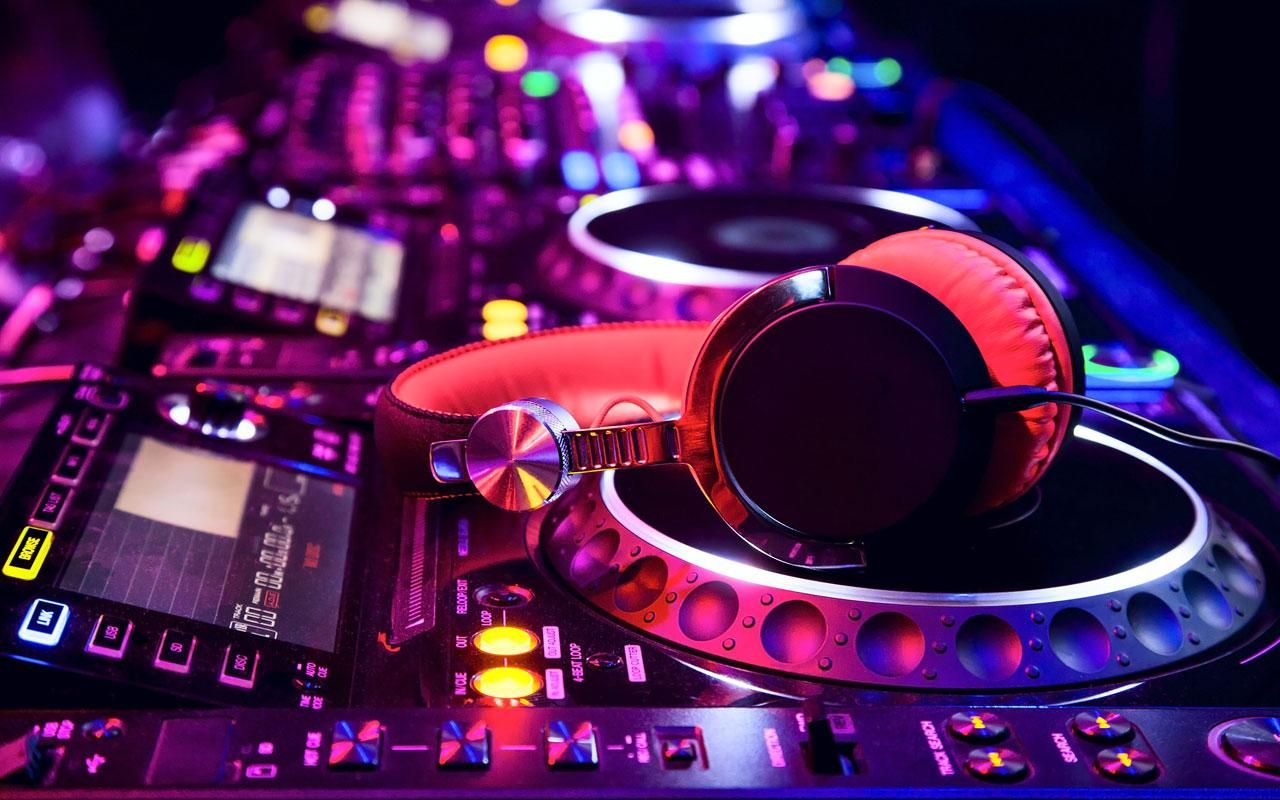

Remix
What Is A Bootleg Remix
Modified: January 22, 2024
Discover what a bootleg remix is and how it adds a unique twist to your favorite tracks. Uncover the art of remixing and the impact it has on the music industry.
(Many of the links in this article redirect to a specific reviewed product. Your purchase of these products through affiliate links helps to generate commission for AudioLover.com, at no extra cost. Learn more)
Table of Contents
Introduction
Have you ever heard a song and thought to yourself, “I love this, but I wish someone would put a unique spin on it?” Well, that’s where bootleg remixes come into play. Bootleg remixes take existing songs and give them a fresh twist, making them sound completely different from the original version. In this article, we’ll explore the world of bootleg remixes, from its definition to its impact on the music industry.
Bootleg remixes, also known as unofficial remixes or white label remixes, have been around for decades and have gained popularity in recent years. They are created by DJs and producers who take original recordings and manipulate them by adding new elements such as beats, samples, and effects to create a unique version of the song. These remixes are usually not authorized by the original artist or their record label and are often distributed for free or shared among fans.
The goal of a bootleg remix is to breathe new life into a song by giving it a different vibe or style. It allows the artist to showcase their creativity and reinterpret the original work in their own way. Bootleg remixes can range from subtle changes to radical transformations, depending on the artist’s vision and approach.
So, why are bootleg remixes so popular? One reason is that they offer a fresh take on familiar songs, appealing to listeners who want something different but still recognizable. It allows people to experience their favorite tracks from a new perspective, making it exciting and engaging. Additionally, bootleg remixes often cater to niche markets or specific music genres that may not get much mainstream attention, giving fans a chance to discover new sounds within their favorite genres.
Moreover, bootleg remixes have become a way for emerging DJs and producers to showcase their talent and gain recognition within the music industry. It provides an opportunity for them to demonstrate their skills in arranging and producing music and can serve as a stepping stone to establish their brand and build a fan base.
In the following sections, we will delve deeper into the definition of bootleg remixes, explore their history, discuss their characteristics, and analyze the legal and ethical concerns surrounding these unofficial creations. So, brace yourself for an exciting journey into the fascinating world of bootleg remixes!
Definition of a Bootleg Remix
Before we dive into the world of bootleg remixes, it’s important to understand what exactly defines this type of remix. A bootleg remix, also known as an unofficial remix or white label remix, is a version of a song that has been altered or reimagined by a DJ or producer without the consent or authorization of the original artist or copyright owner.
This unauthorized remixing process involves taking the stems, acapellas, or instrumental tracks from the original song and manipulating them by adding new elements, modifying the arrangement, or applying different effects. The aim is to create a fresh and unique version that maintains elements of the original while adding a new twist or flavor.
Bootleg remixes often showcase the creativity and technical skills of DJs and producers. They allow artists to experiment with different genres, styles, and sounds, giving them the freedom to explore their own musical vision and interpretation of a particular song.
What sets a bootleg remix apart from other forms of remixes, such as official remixes or remixes commissioned by artists or record labels, is the lack of formal permission or authorization. While official remixes are sanctioned and supported by the original artists or rights holders, bootleg remixes operate in a legal gray area.
Due to the unauthorized nature of bootleg remixes, they are typically not commercially released or sold. Instead, they are often distributed for free or shared among fans through various online platforms, such as SoundCloud, YouTube, or DJ mix platforms.
It’s worth noting that the term “bootleg” originates from the practice of illegally recording and distributing music, typically live performances or unreleased tracks, without permission. In the context of bootleg remixes, it refers to the unauthorized manipulation and distribution of copyrighted material. However, it’s important to distinguish between bootleg remixes and music piracy, as bootleg remixes are often created out of love and appreciation for the original songs rather than for financial gain.
As the popularity of bootleg remixes has grown, artists and record labels have started to take notice and some have embraced this unofficial remix culture. Some artists encourage fans and aspiring remixers to create their own versions and even host remix competitions or release stems to facilitate the remixing process. However, it’s still crucial for DJs and producers to obtain proper permission when remixing copyrighted material to avoid legal complications.
Now that we have a clear understanding of what defines a bootleg remix, let’s explore the fascinating history behind this creative form of musical reinterpretation.
History of Bootleg Remixes
The history of bootleg remixes can be traced back to the early days of DJ culture and electronic music. In the 1970s and 1980s, DJs started experimenting with remixing techniques, using vinyl records and reel-to-reel tape machines to create their own versions of popular songs. These early remixes often involved extending the duration of a track, adding new drum beats, or incorporating snippets of other songs to create a seamless blend.
As technology advanced, the emergence of digital audio workstations and sampling software in the late 1980s and early 1990s revolutionized the remixing process. DJs and producers gained access to a vast library of samples and loops, allowing them to manipulate tracks with greater ease and creativity.
Bootleg remixes gained significant attention and popularity during the rise of electronic dance music (EDM) in the late 1990s and early 2000s. DJs started remixing mainstream songs, infusing them with electronic elements and transforming them into dancefloor-friendly versions. These bootleg remixes played a vital role in bridging the gap between underground electronic music and mainstream culture.
The advent of the internet and file-sharing platforms further accelerated the spread of bootleg remixes. Artists and DJs began sharing their remixes online, reaching a global audience and gaining recognition beyond their local scenes.
One notable example of an influential bootleg remix is the “Satisfaction” remix by Benny Benassi. Originally released in 2001, Benassi’s remix of the Rolling Stones’ classic track became a massive hit in the electronic music scene, propelling him to international fame. This bootleg remix solidified the concept of reimagining iconic songs in a new genre and style.
In recent years, bootleg remixes have become even more prominent with the rise of streaming platforms and music sharing communities. Artists and producers now have the ability to upload and share their remixes globally, reaching millions of listeners without the need for traditional record deals or distribution channels.
Furthermore, bootleg remixes have become a form of cultural expression. They allow DJs and producers to reinterpret and pay homage to their musical influences, introducing new audiences to vintage tracks and introducing younger generations to iconic artists.
However, the rise of bootleg remixes has also raised copyright concerns. Unlicensed distribution and manipulation of copyrighted material can infringe upon the original artist’s rights, leading to legal disputes and takedown notices.
Despite these concerns, bootleg remixes continue to thrive and evolve as an integral part of contemporary music culture. They serve as a testament to the creative spirit of DJs and producers, pushing boundaries and constantly reimagining the possibilities of sound.
Now that we have explored the history of bootleg remixes, let’s delve into the characteristics that make them unique and distinct from other types of remixes.
Characteristics of Bootleg Remixes
Bootleg remixes possess distinct characteristics that set them apart from other types of remixes. These characteristics contribute to the unique appeal and impact of bootleg remixes in the music landscape.
1. Unofficial and Unauthorized: One of the defining features of bootleg remixes is that they are created without the consent or authorization of the original artist or copyright holder. This gives bootleg remixes a sense of rebellion and underground culture.
2. Creative Reinterpretation: Bootleg remixes often involve significant creative reinterpretation of the original song. DJs and producers manipulate elements such as tempo, key, arrangement, and effects to give the remix a completely different feel while retaining recognizable elements from the original track.
3. Genre Fusion: Bootleg remixes frequently explore genre fusion, blending elements from different musical genres. This fusion of styles can result in unique and unexpected combinations that captivate listeners and challenge traditional genre boundaries.
4. Dancefloor Appeal: Many bootleg remixes are crafted with the dancefloor in mind. They often feature energetic beats, infectious rhythms, and dynamic changes designed to get people moving and grooving.
5. Fresh perspective: Bootleg remixes provide a fresh perspective on familiar songs. They allow listeners to experience their favorite tracks in a new light, discovering hidden nuances and appreciating the original composition from a different angle.
6. Creativity Showcasing: Bootleg remixes provide a platform for DJs and producers to showcase their creativity, technical skills, and unique artistic vision. It allows them to demonstrate their ability to transform existing material into something entirely new and exciting.
7. Niche and Fan Engagement: Bootleg remixes often appeal to niche markets and specific fan bases. DJs and producers create remixes that cater to the interests and preferences of particular music communities, deepening fan engagement and fostering a sense of connection.
8. Viral and Shareable: With the advent of social media and streaming platforms, bootleg remixes have become highly shareable and viral. Fans and music enthusiasts easily discover and distribute these remixes, contributing to their widespread popularity and exposure.
It’s important to note that while bootleg remixes offer a refreshing take on beloved songs, they can also raise copyright issues. The unauthorized use of copyrighted material can infringe upon intellectual property rights, leading to legal consequences.
Despite these concerns, bootleg remixes continue to be an integral part of the music culture, inspiring creativity, fostering innovation, and connecting artists and fans on a deeper level. In the next section, we will explore the copyright issues surrounding these unofficial creations.
Copyright Issues with Bootleg Remixes
Bootleg remixes exist in a legal grey area due to copyright issues. Remixing involves manipulating and reusing copyrighted material without explicit permission from the original artist or copyright holder, which can potentially infringe upon their rights.
Under copyright law, the exclusive rights to reproduce, distribute, and create derivative works of a copyrighted song belong to the original artist or copyright owner. Bootleg remixes can be seen as unauthorized derivative works, as they involve transforming and modifying the original composition without proper consent.
However, the copyright landscape surrounding bootleg remixes is complex, and the interpretation and enforcement of these laws can vary. Some factors to consider include the purpose of the remix, the extent of the changes made, and the impact on the market value of the original work.
In some cases, artists and record labels embrace bootleg remixes as a way to generate buzz and maintain artistic freedom. They understand that remixes can spark interest in the original work and help reach new audiences. Some artists even encourage fans to create their own remixes by providing official remix stems or hosting remix competitions.
On the other hand, many bootleg remixes infringe upon copyright laws and can lead to legal consequences. Copyright holders may issue takedown notices, demand compensation for unauthorized use, or pursue legal action for copyright infringement. The rise of streaming platforms and digital distribution has made it easier for copyright holders to detect and combat unauthorized use of copyrighted material.
To avoid copyright issues, DJs and producers should seek proper permission when remixing copyrighted material. This typically involves obtaining a license from the original artist or copyright holder, which may include payment of royalties or adhering to specific terms and conditions.
However, it is worth noting that some artists and copyright holders may not are open to bootleg remixes, seeing them as a form of artistic expression and appreciation rather than a direct threat to their creative and financial rights. The lines can become blurred when remixes are shared for free and not used for commercial gain.
It is essential for DJs and producers to understand and respect copyright laws when creating and sharing bootleg remixes. Engaging with legal alternatives, such as seeking permission, participating in official remix competitions, or working with artists and labels who are open to unofficial remixes, can help navigate the intricate and evolving copyright landscape.
As the music industry adapts to the digital age, copyright laws and policies surrounding bootleg remixes continue to evolve. It is crucial for all stakeholders, including artists, DJs, producers, and copyright holders, to find a balance that respects both creative freedom and copyright protection.
Despite the legal complexities, bootleg remixes have undoubtedly made a significant impact on the music landscape, transforming songs, connecting artists and fans, and pushing the boundaries of musical creativity. In the next section, we will explore the popularity and impact of bootleg remixes in today’s music industry.
Popularity and Impact of Bootleg Remixes
Bootleg remixes have gained immense popularity and have had a profound impact on the music industry. They have captivated listeners, influenced trends, and provided a platform for emerging artists to showcase their talent and creativity. Here, we’ll delve into the reasons behind their popularity and the impact they have made.
One of the main reasons for the popularity of bootleg remixes is their ability to offer a fresh take on familiar songs. They inject new energy and creativity into well-known tracks, captivating listeners who are seeking something unique and different. Bootleg remixes provide an exciting blend of familiarity and novelty, making them highly appealing to music enthusiasts across various genres.
Additionally, bootleg remixes have a significant impact on shaping and evolving musical trends. DJs and producers leverage the power of remixing to introduce new sounds, genres, and styles to the mainstream audience. They push the boundaries of what is considered mainstream, leading to the creation of subgenres and new musical movements.
Bootleg remixes have also contributed to breaking down genre barriers. By blending different styles and incorporating elements from various genres, they create a fusion that appeals to a wide range of listeners. This cross-pollination of genres and sounds fosters a sense of musical exploration and keeps the industry fresh and dynamic.
Furthermore, bootleg remixes have played a crucial role in promoting emerging artists and propelling them into the spotlight. Remixing popular songs allows DJs and producers to showcase their skills and gain recognition within the music community. It serves as a stepping stone for establishing their brand and connecting with a wider audience.
The rise of the internet and social media has further accelerated the popularity of bootleg remixes. Platforms like SoundCloud, YouTube, and streaming services have provided a global stage for DJs and producers to share their remixes, reaching millions of listeners worldwide. Moreover, the ability for fans to easily discover and share remixes has fueled the viral nature of bootleg remixes, allowing them to spread rapidly and gain traction.
However, with the growing popularity of bootleg remixes, there are some potential downsides to consider. The unauthorized use of copyrighted material can lead to legal issues and disputes. Copyright holders may view bootleg remixes as infringing on their intellectual property rights and take action to protect their interests. It is important for artists and producers to be mindful of copyright laws and seek proper permissions when remixing copyrighted material.
Despite the legal considerations, bootleg remixes continue to shape the music industry. They provide a platform for creativity, foster innovation, and bridge the gap between mainstream and underground music. By offering unique interpretations of popular songs and pushing the boundaries of musical expression, bootleg remixes have left an indelible mark on the music landscape.
In the next section, we will explore some notable bootleg remixes that have made a significant impact and gained recognition in the industry.
Examples of Notable Bootleg Remixes
Throughout the years, numerous bootleg remixes have emerged that have not only gained popularity but have also made a significant impact on the music industry. These remixes have showcased the creativity and talent of DJs and producers, pushing the boundaries of musical reinterpretation. Here are a few notable examples:
1. “Summertime Sadness (Cedric Gervais Remix)” by Lana Del Rey: This bootleg remix by French DJ Cedric Gervais took Lana Del Rey’s melancholic ballad and transformed it into an infectious dance anthem. It became an unexpected hit and propelled both the original song and the remix to mainstream success.
2. “Levels (Skrillex Remix)” by Avicii: Skrillex’s bootleg remix of Avicii’s “Levels” transformed the progressive house track into a massive dubstep hit. This remix showcased Skrillex’s signature heavy bass drops and catapulted both artists to new heights of fame.
3. “A Milli (Diplo Remix)” by Lil Wayne: Diplo’s bootleg remix of Lil Wayne’s “A Milli” infused the original rap track with elements of electronic dance music. This remix introduced a fresh and unexpected twist to the popular hip-hop song, gathering widespread acclaim among fans and critics alike.
4. “Hotline Bling (James Blake Remix)” by Drake: James Blake, known for his unique blend of electronic and soulful music, delivered a hauntingly beautiful bootleg remix of Drake’s hit single “Hotline Bling.” Blake’s remix emphasized the emotional depth of the song, showcasing his artistic vision and reimagining the original sound.
5. “Walking On A Dream (Sam La More Remix)” by Empire of the Sun: Sam La More’s bootleg remix of Empire of the Sun’s “Walking On A Dream” gave the indie-pop track a dancefloor makeover. With its infectious beats and dynamic production, this remix became a staple in clubs and festivals around the world.
These are just a few examples of how bootleg remixes have transformed popular songs into fresh and exciting versions. These remixes highlight the versatility of DJs and producers in reimagining and revitalizing existing tracks. They showcase the power of creative reinterpretation and the impact it can have on the music industry.
It’s important to acknowledge that while bootleg remixes may not always receive official recognition or authorization, they have become an integral part of contemporary music culture. These remixes provide a platform for artists to experiment, connect with fans, and bring fresh interpretations to beloved songs.
Now that we have explored some notable bootleg remixes, it’s essential to address the legal and ethical concerns that surround this form of creative expression.
Legal and Ethical Concerns about Bootleg Remixes
The popularity and creative appeal of bootleg remixes cannot overshadow the legal and ethical concerns that surround this form of creative expression. Remixing copyrighted material without proper authorization raises a host of issues that need to be addressed in the music industry.
From a legal standpoint, bootleg remixes often pose copyright infringement risks. Copyright law grants exclusive rights to the original artist or copyright holder, including the right to reproduce, distribute, and create derivative works. Bootleg remixes, as unauthorized derivative works, can potentially infringe upon these rights.
While some artists and copyright holders may embrace bootleg remixes as a form of promotion and artistic expression, others may view them as a threat to their creative rights and financial interests. Unauthorized use of copyrighted material can lead to legal consequences, such as takedown notices, demands for compensation, or even lawsuits for copyright infringement.
Furthermore, ethical concerns arise when considering the intentions and motivations behind the creation of bootleg remixes. Some remixes may be driven purely by artistic inspiration and a desire to share a unique interpretation of a song. However, others may exploit the popularity of the original work for personal gain, seeking to profit from someone else’s creative efforts without proper permission or compensation.
There is also a question of artistic integrity and respecting the intentions of the original artist. While remixing can foster creativity and innovation, it should be approached with care and respect for the original work. Appropriately seeking permission from the copyright holder or collaborating directly with the original artist can help maintain ethical standards and ensure the remix respects their creative vision.
Another concern regarding bootleg remixes is the potential impact on the market value and potential revenue for the original artist. When remixes circulate without proper authorization, they can undermine the market for official remixes or hinder the artist’s ability to monetize their work through licensing agreements or commercial releases.
However, it is worth noting that bootleg remixes often arise out of love and admiration for the original work. They can help expose a broader audience to a song or artist, generating curiosity and interest that may translate into increased sales or support for the original work. Additionally, some artists and copyright holders use bootleg remixes as a way to engage with fans and foster a sense of community.
To address these legal and ethical concerns, it is vital for DJs and producers to understand copyright laws and seek proper permissions when remixing copyrighted material. Obtaining licenses, participating in official remix competitions, or collaborating with artists who embrace unofficial remixes can help navigate the legal complexities and foster a more ethical approach to remix culture.
As the music industry continues to evolve, it is essential for artists, copyright holders, and remixers to find a balance that respects creative expression while protecting intellectual property rights. By engaging in open dialogue, embracing new business models, and fostering collaboration, the industry can support a thriving remix culture that benefits both artists and fans.
Now that we have explored the legal and ethical concerns surrounding bootleg remixes, let’s draw some concluding thoughts on the subject.
Conclusion
Bootleg remixes have become a significant part of the music landscape, offering a fresh and innovative take on familiar songs. They showcase the creativity and talent of DJs and producers, pushing the boundaries of musical reinterpretation. From their humble beginnings in DJ culture to their widespread popularity in the digital age, bootleg remixes have made a lasting impact on the music industry.
While bootleg remixes offer unique and exciting listening experiences, they also raise legal and ethical concerns. Unauthorized remixing can infringe upon copyright laws and potentially harm the market value of the original work. It is crucial for DJs and producers to navigate the intricate landscape of copyright, obtaining proper permissions and licenses to ensure a fair and ethical approach to remix culture.
Despite the challenges, bootleg remixes continue to shape the music industry. They introduce new sounds, genres, and styles to mainstream audiences, breaking down genre barriers and fostering musical exploration. Bootleg remixes provide a platform for emerging artists to showcase their talent and gain recognition in the industry.
It’s important for artists, copyright holders, and remixers to find a balance that respects both creative expression and copyright protection. By engaging in open dialogue, embracing new business models, and fostering collaboration, the music industry can support a thriving remix culture that benefits artists, fans, and the broader music community.
Bootleg remixes have a lasting impact on how we perceive and appreciate music. They offer a fresh perspective, breathe new life into familiar tracks, and contribute to the ever-evolving landscape of musical creativity.
As listeners, let’s continue to embrace and support the artistic endeavors of DJs and producers while being mindful of the legal and ethical implications behind bootleg remixes. By appreciating and encouraging creative expression within the boundaries of copyright law, we can contribute to a sustainable and vibrant future for remix culture in the music industry.

